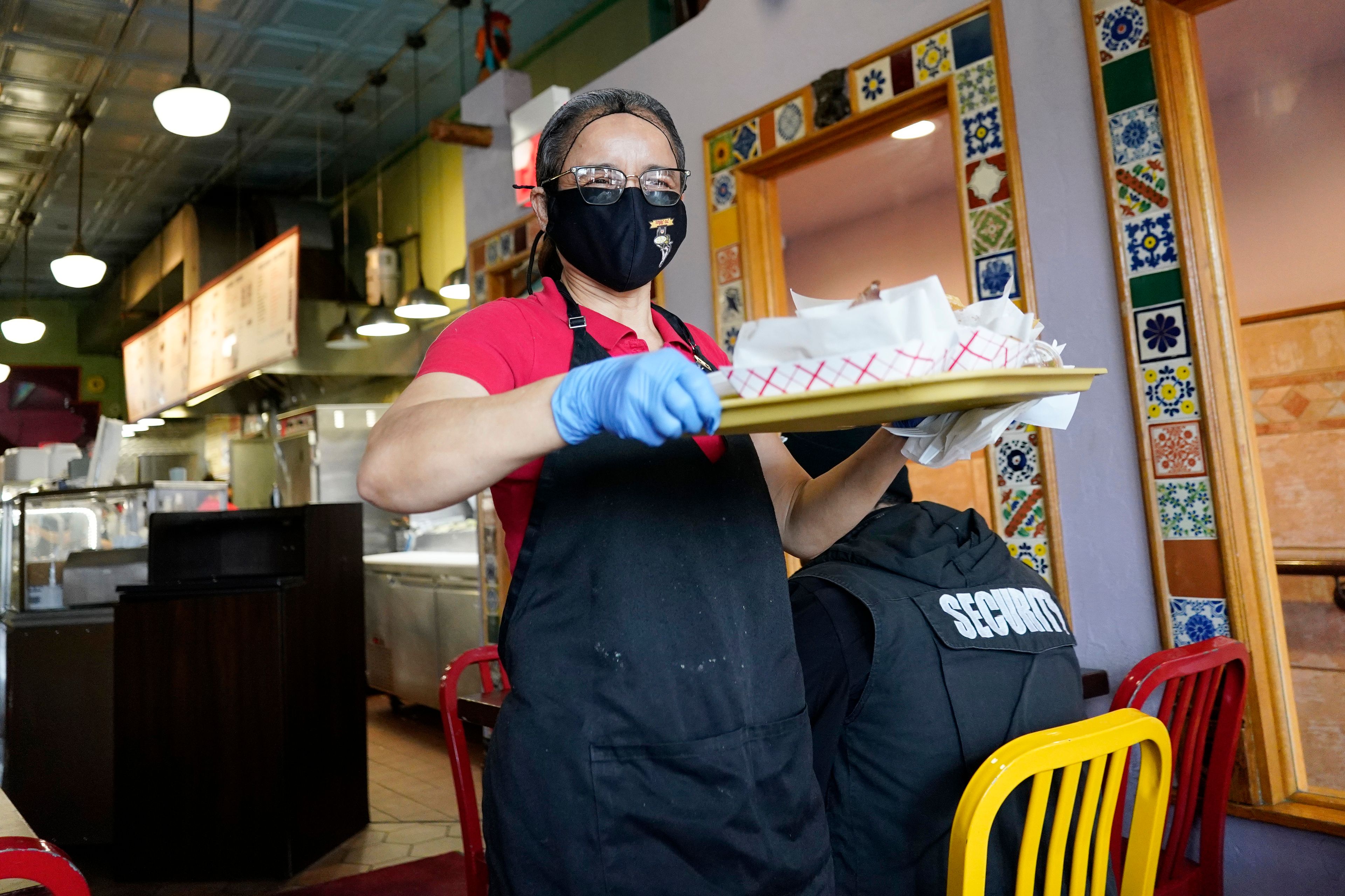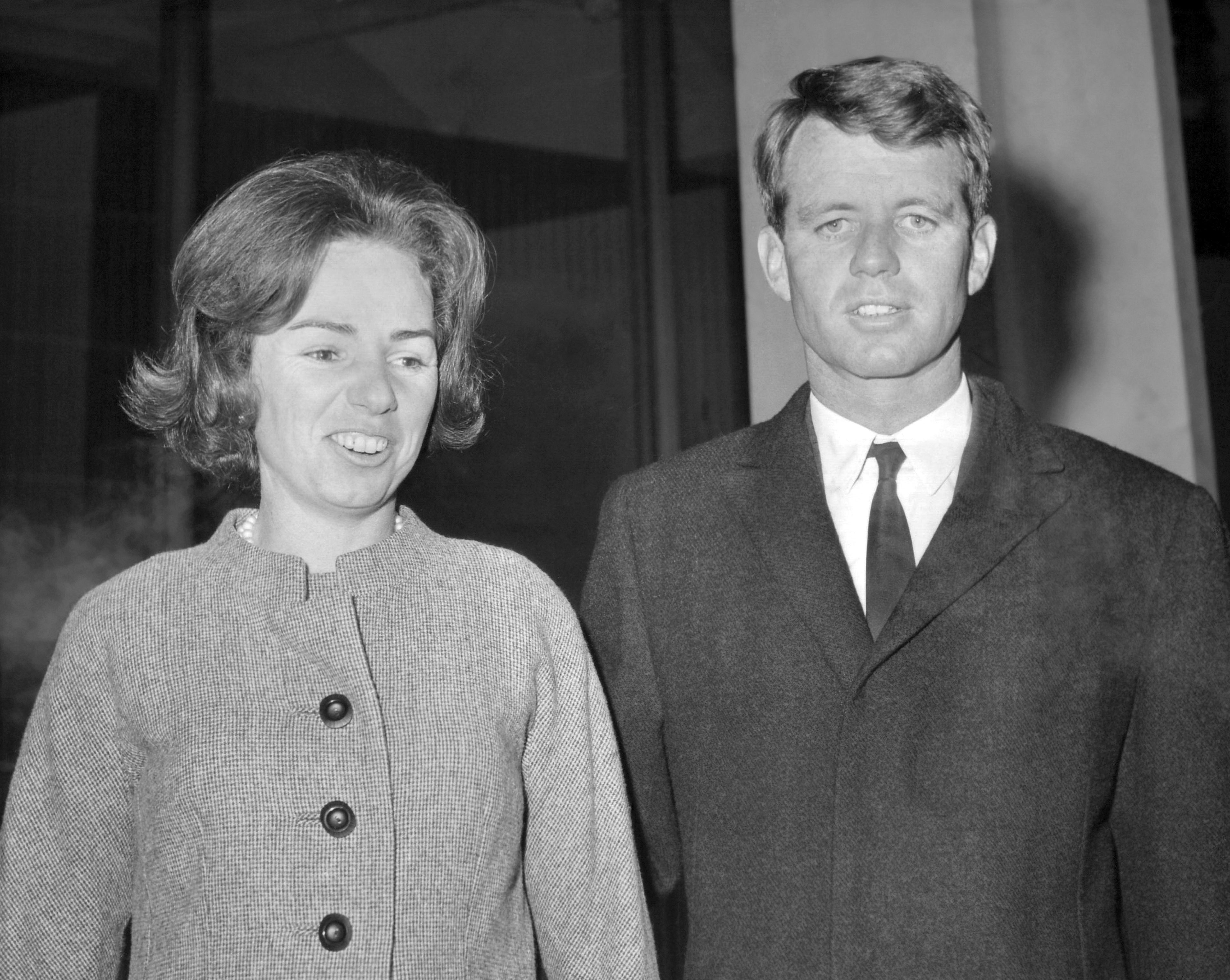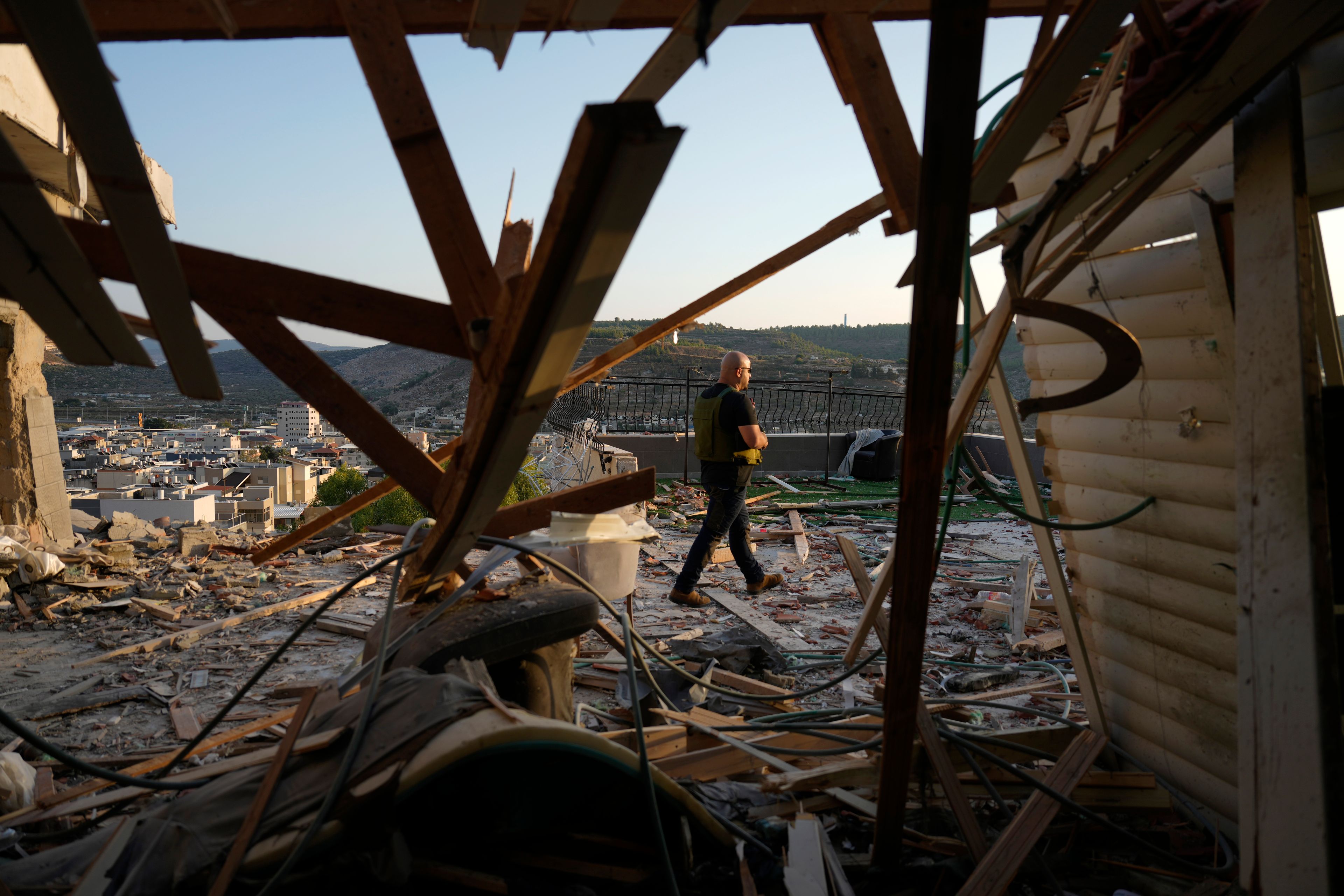Lewiston Civic Theatre gives some people the creeps
Students of Theater 101 quickly become acquainted with the term "suspension of disbelief," which refers to the audience's willingness to accept what's on stage as real even if the Prince of Denmark is delivering the "To Be or Not To Be" soliloquy in a Brooklyn accent.
But what happens when the actors have to suspend their disbelief?
What happens when the Phantom of the Opera appears in the mailroom and he's not an actor?
Some Lewiston Civic Theatre actors have seen spirits, they say.
It's not an act, they swear.
Believe it or not.
One night earlier this year, while she was taking out the garbage, Meredith Johnson saw a red-headed man in his early 20s sitting at a picnic table at Trevitt Park, next to the theater. She returned inside, locked the door and turned toward the steps. When her feet hit the third step she saw the same man she had seen seconds before sitting on a couch in the dressing room. She walked past him and locked herself in the office. When she returned to the dressing room 10 minutes later, the man had vanished.
Around the same time as Johnson's experience, Kelsey Kegel had more than a passing encounter with what she believes was an apparition. Kegel walked into the mailroom, retrieved the mail and then realized she was not alone. She thought she had bumped into the somebody until she realized she had walked through it.
While working on the set for "Sweeney Todd" in 1991, actor Rod Farrington noticed an elderly gentleman standing in one of the theater entrances watching him work. Farrington asked him if he needed something. The man said nothing. Farrington asked again still nothing. After repeating the question a third time, Farrington put down his paintbrush, intending to leave the stage and approach the man. The man disappeared around the corner. A few seconds later not enough time for the stranger to disappear somewhere in the building fellow set builder Gordon Glenn came around the corner. Farrington asked him where the man went. Glenn said he saw no one. Even if he had the time to leave, he would not have been able to without Farrington and Glenn hearing the old doors creak open and shut.
These close encounters of the strange kind and there are more than three have convinced some people associated with the Civic Theatre that ghosts aren't only the stuff of Shakespeare plays and Halloween stories.
"Almost everyone who is a regular has seen or felt something," Farrington says. "Sometimes it feels like somebody's there. Your chest gets a little bit tight, but it doesn't feel like you're being threatened or anything."
"It may be that it's a just a big scary place," he adds. "Or it may be that it's haunted."
The Civic Theatre isn't the only stage where specters supposedly wait in the wings. The University of Idaho's Hartung Theatre has a resident ghost. So does Washington State University's Bryan Hall. And Pomeroy's Seeley Opera House.
At Lewis-Clark State College, some students and teachers say they have heard footsteps, but seen no one, crossing the Silverthorne Theatre stage.
The connection between performers and poltergeists may have something to do with both groups' flair for the dramatic. Perhaps actors who have answered that casting call in the sky return for the second curtain call they didn't get in life.
"No self-respecting, legitimate theater can go without a ghost," says Jacqulyn Haight, a Civic Theatre board member and a witch in the upcoming production of "The Wizard of Oz."
"I'd like to say I've seen a ghost playing Hamlet there, but I haven't."
Others say theaters are perfect places for haunting and a resident ghost as long as it's not tripping actors or breaking sets has its charms.
"I think that performance spaces, without the audience, and without all the performers, are just eerie places," says UI theater professor Charles Ney. "There are many times when it just feels strange to be alone in a place like that. I have known of ghosts in many, many theaters. I have never seen them, but I have felt their presence."
For each believer there is a skeptic; those who probably don't fear uttering the word "Macbeth" in a theater the superstitious actor's equivalent of walking underneath a ladder or having a black cat cross your path.
When Tom Schumacher was working on a set in 1972, the year the Civic Theatre purchased the First Methodist Episcopal Church at Sixth Avenue and Eighth Street, he saw a man walking through the rows of theater seats, where the church aisle used to be.
He attributes the vision to a young boy's imagination and a building conducive to spooky thoughts.
Civic Theatre artistic director Fred Scheibe, whose first production of the 1994-95 season was "Phantom," agrees there are no ghosts in the mezzanine.
"Actors tend to be, you know, very imaginative people," he says. "In my 30 years I have never seen a ghost. But I don't believe in them.
"When I'm a ghost," he adds with a chuckle, "I'll probably haunt the Civic Theatre."








